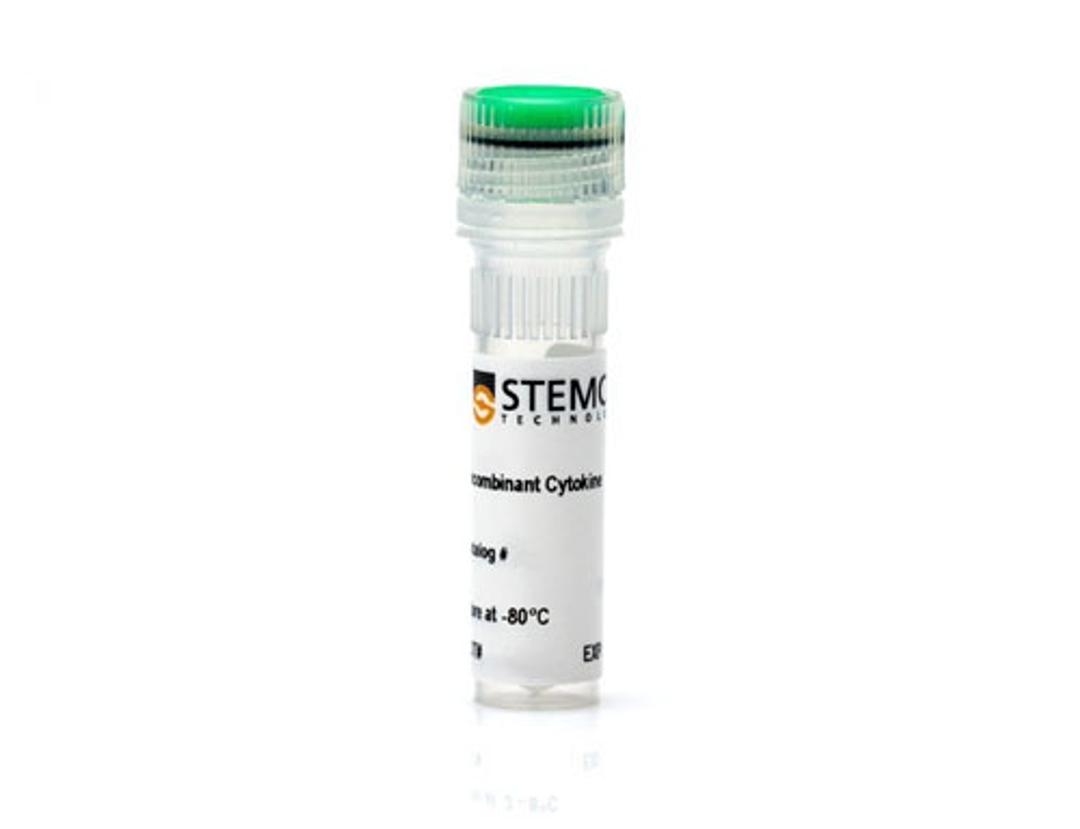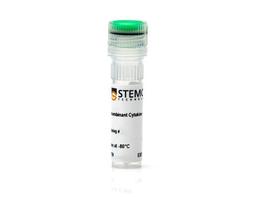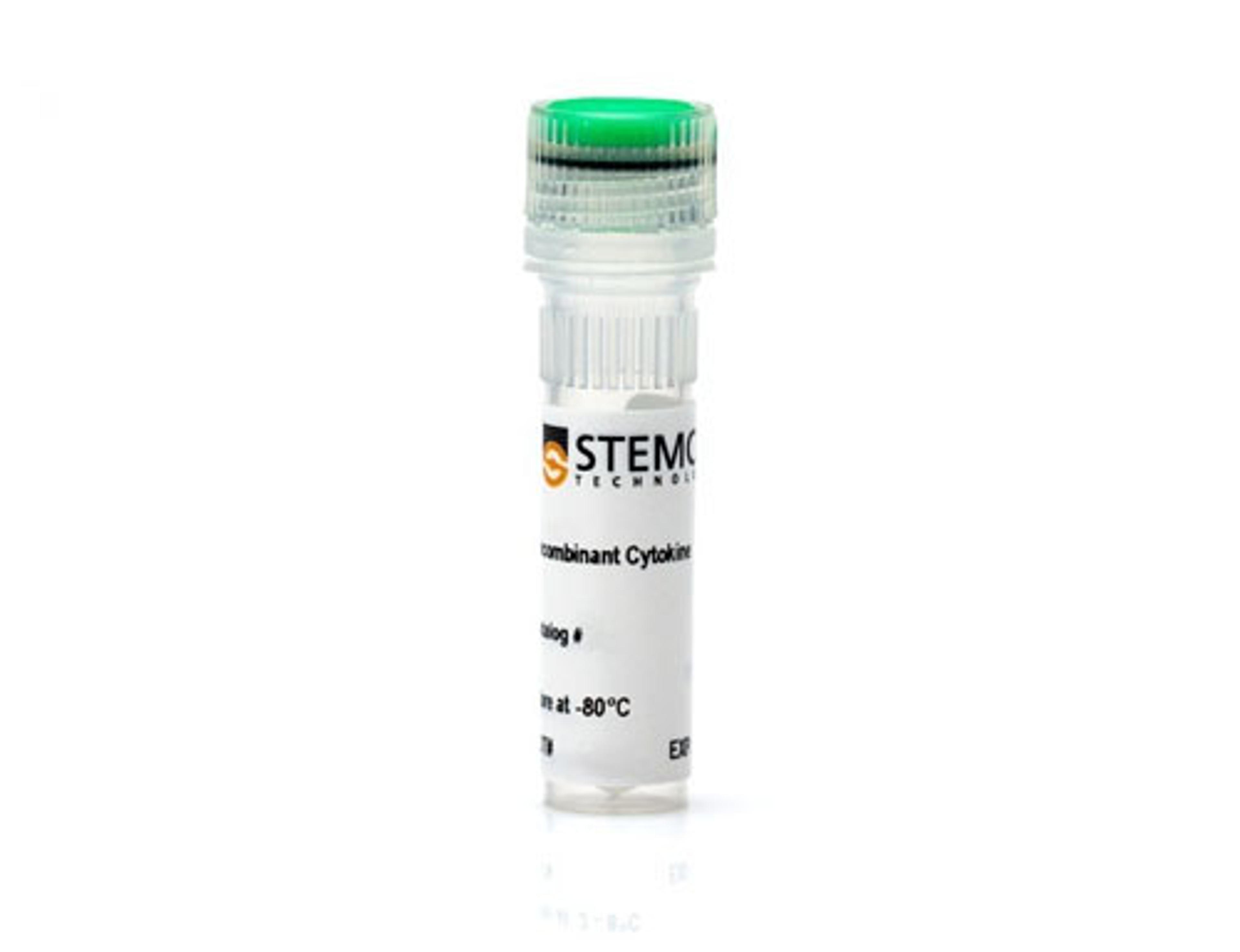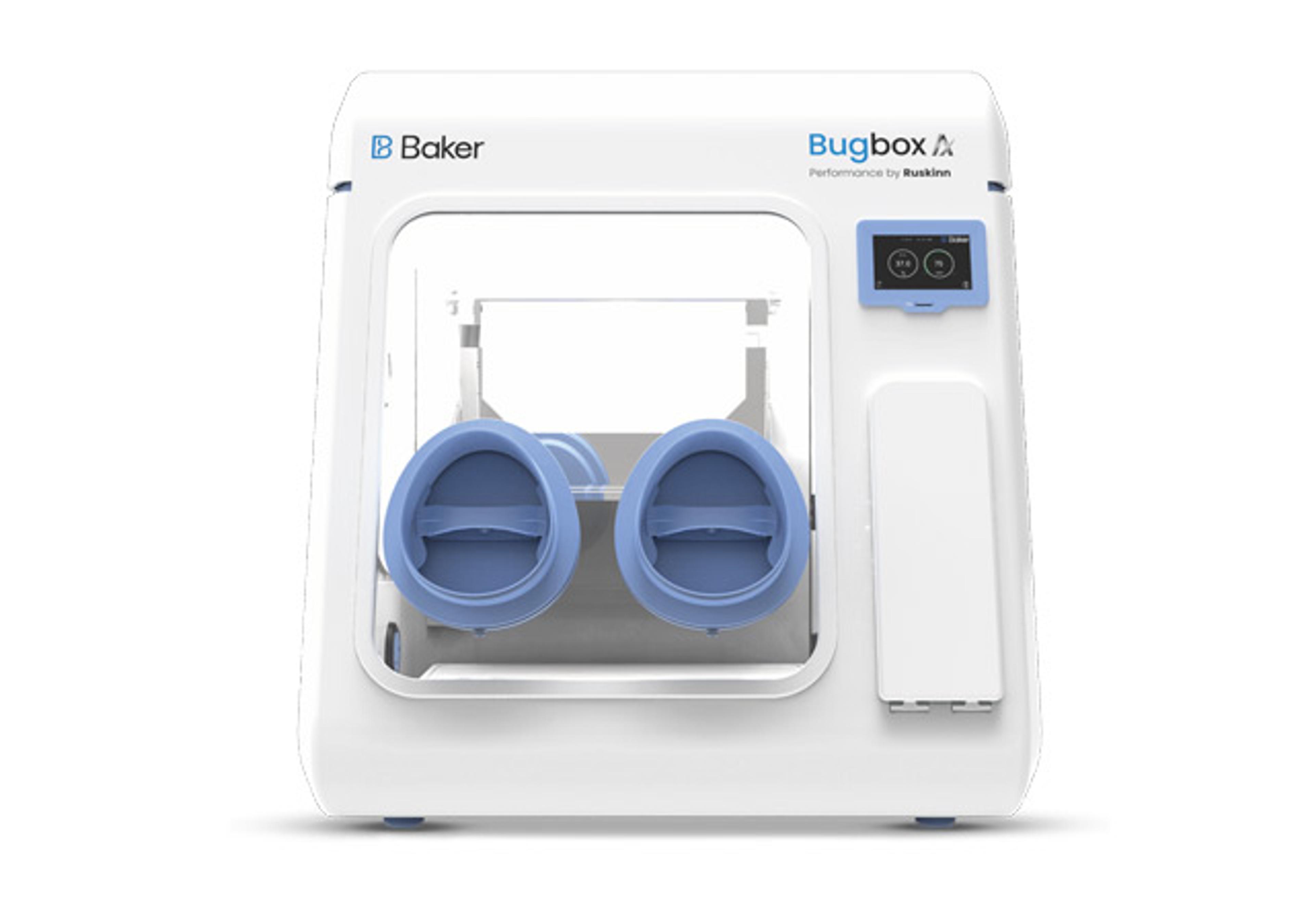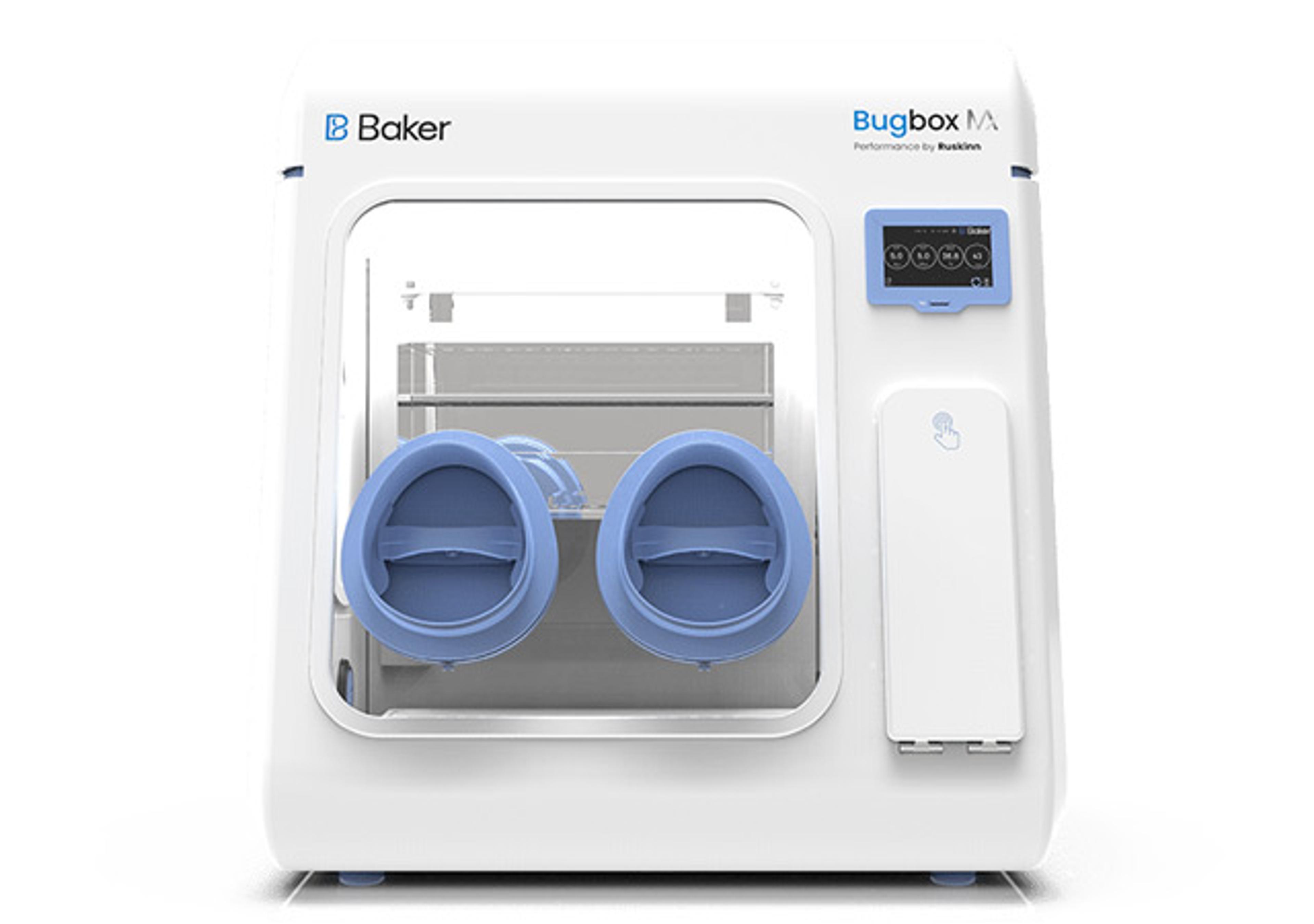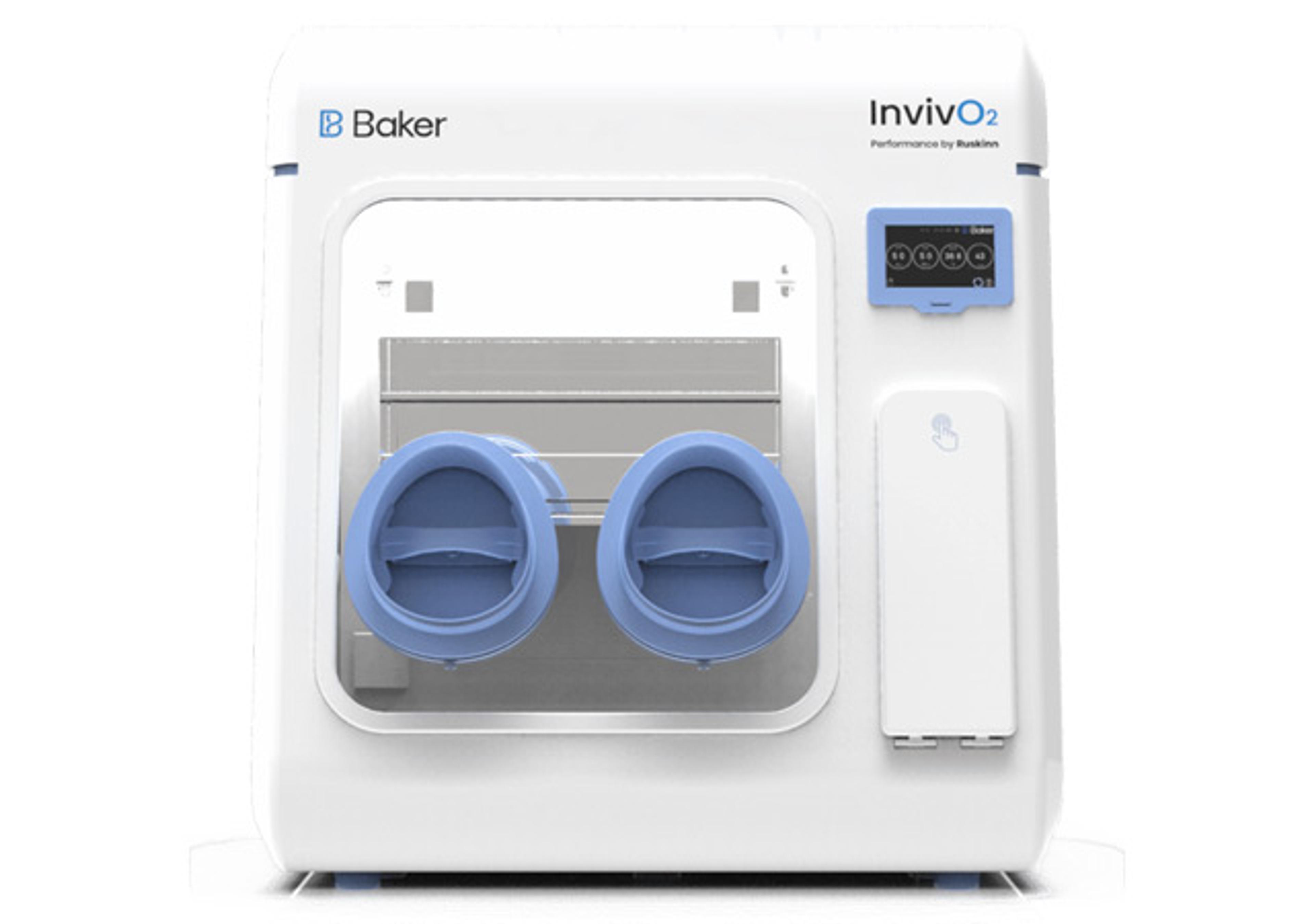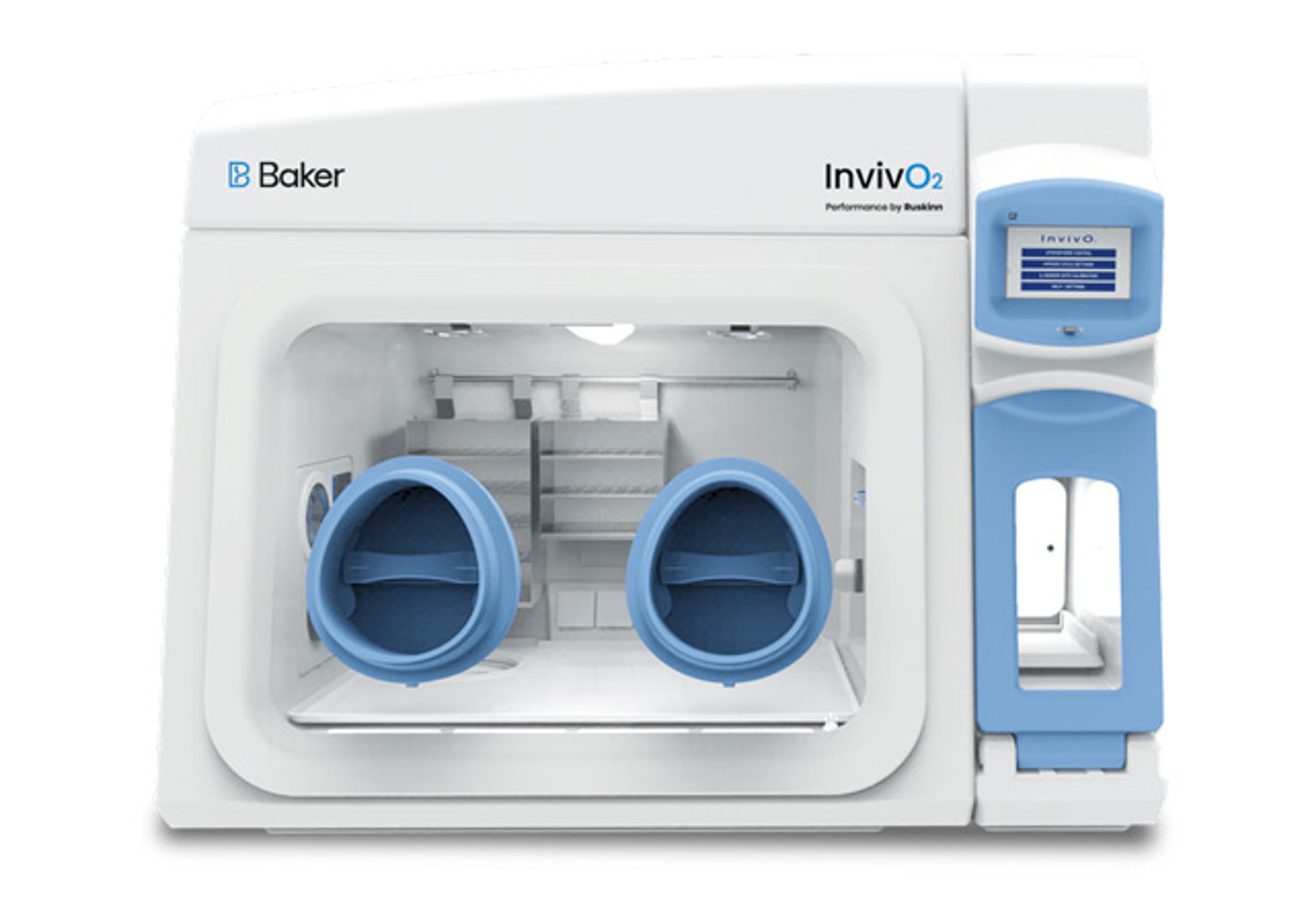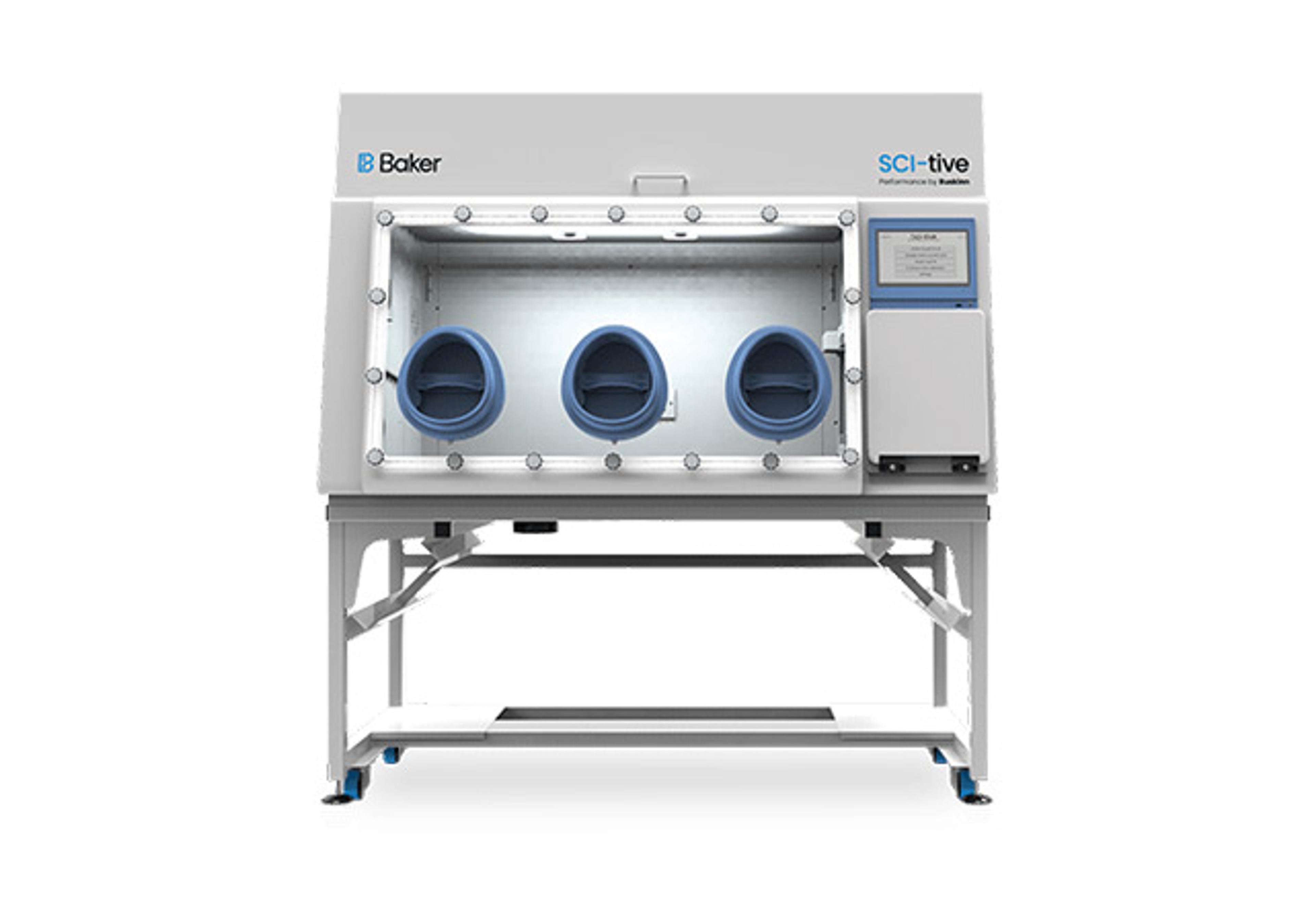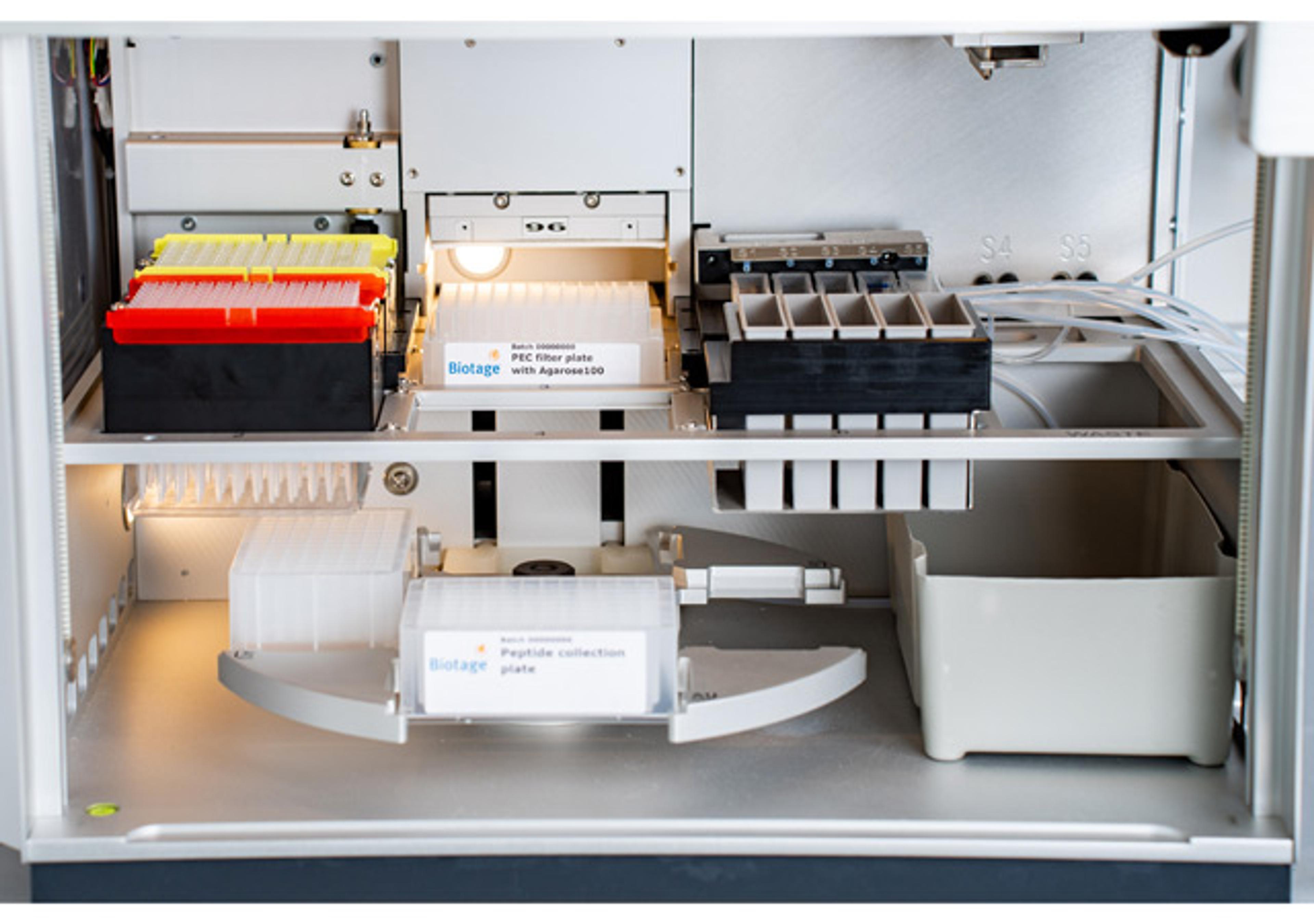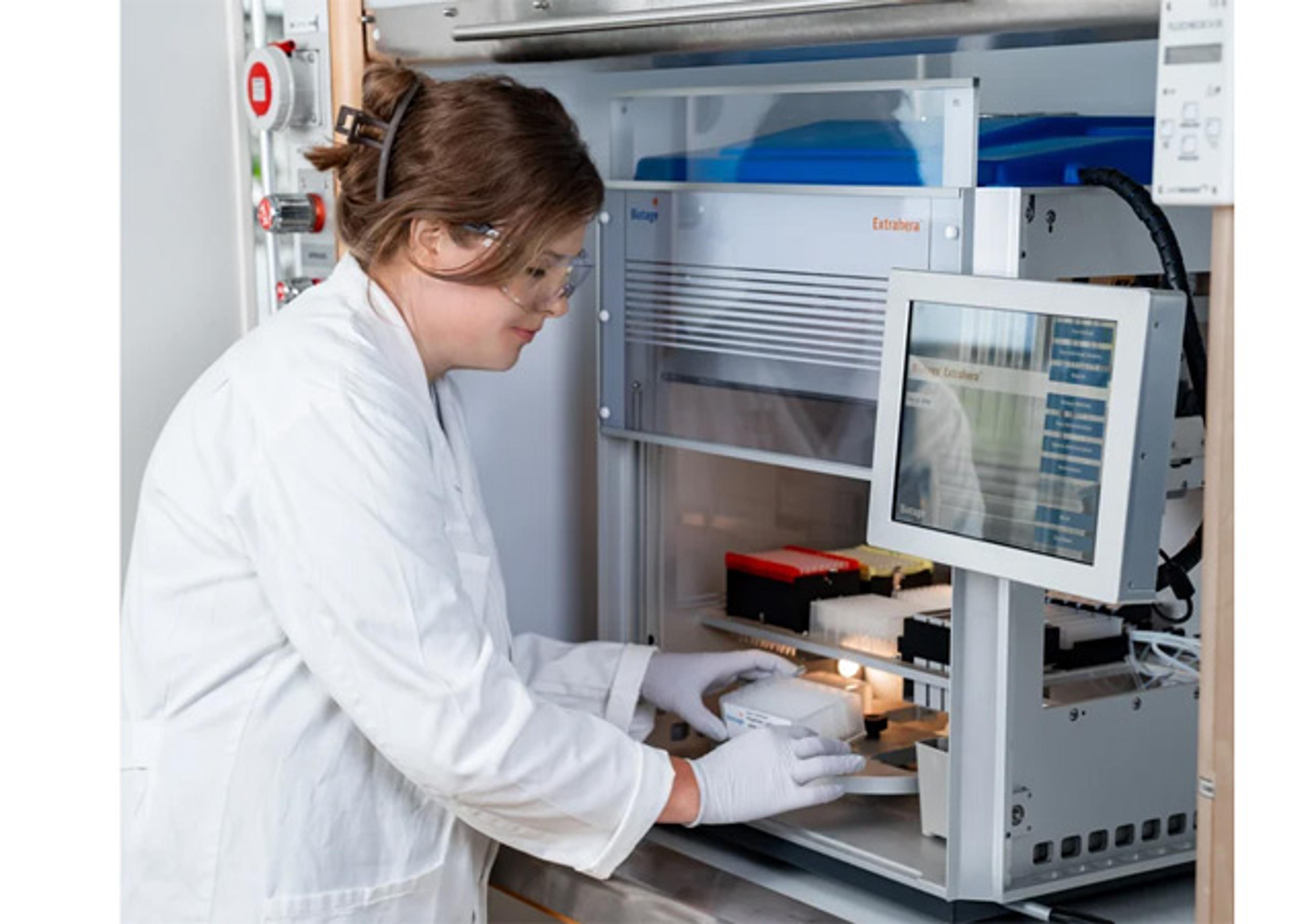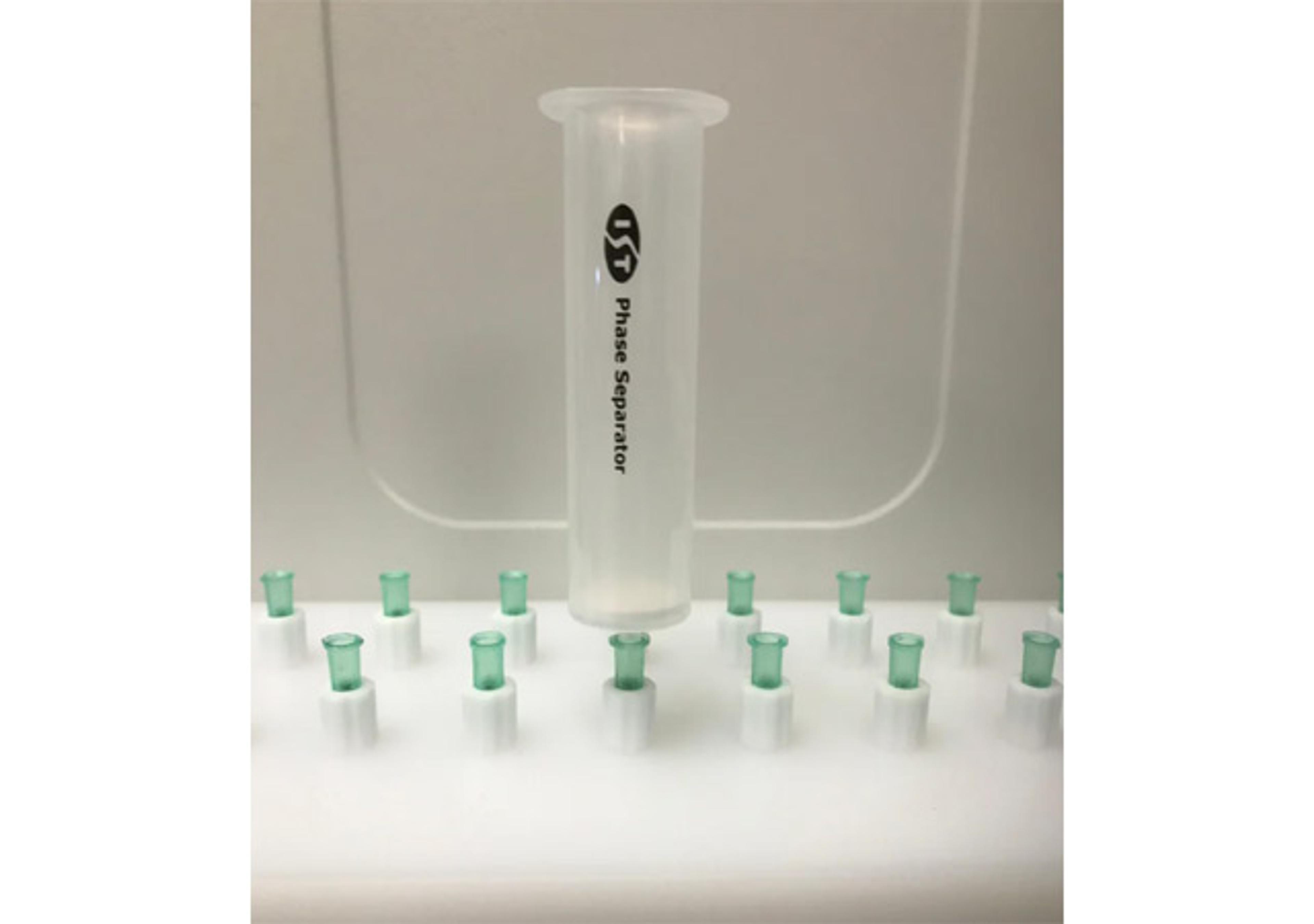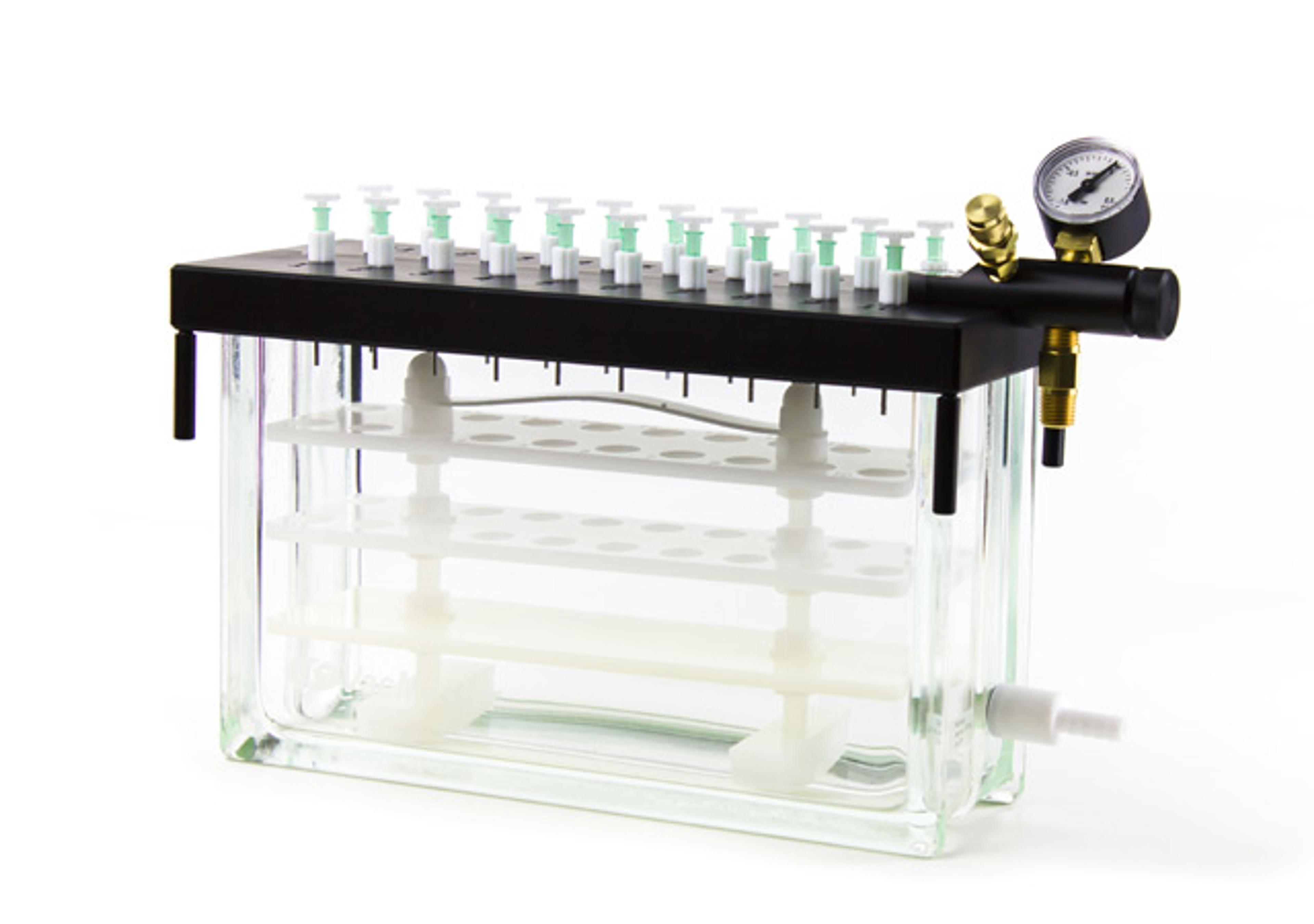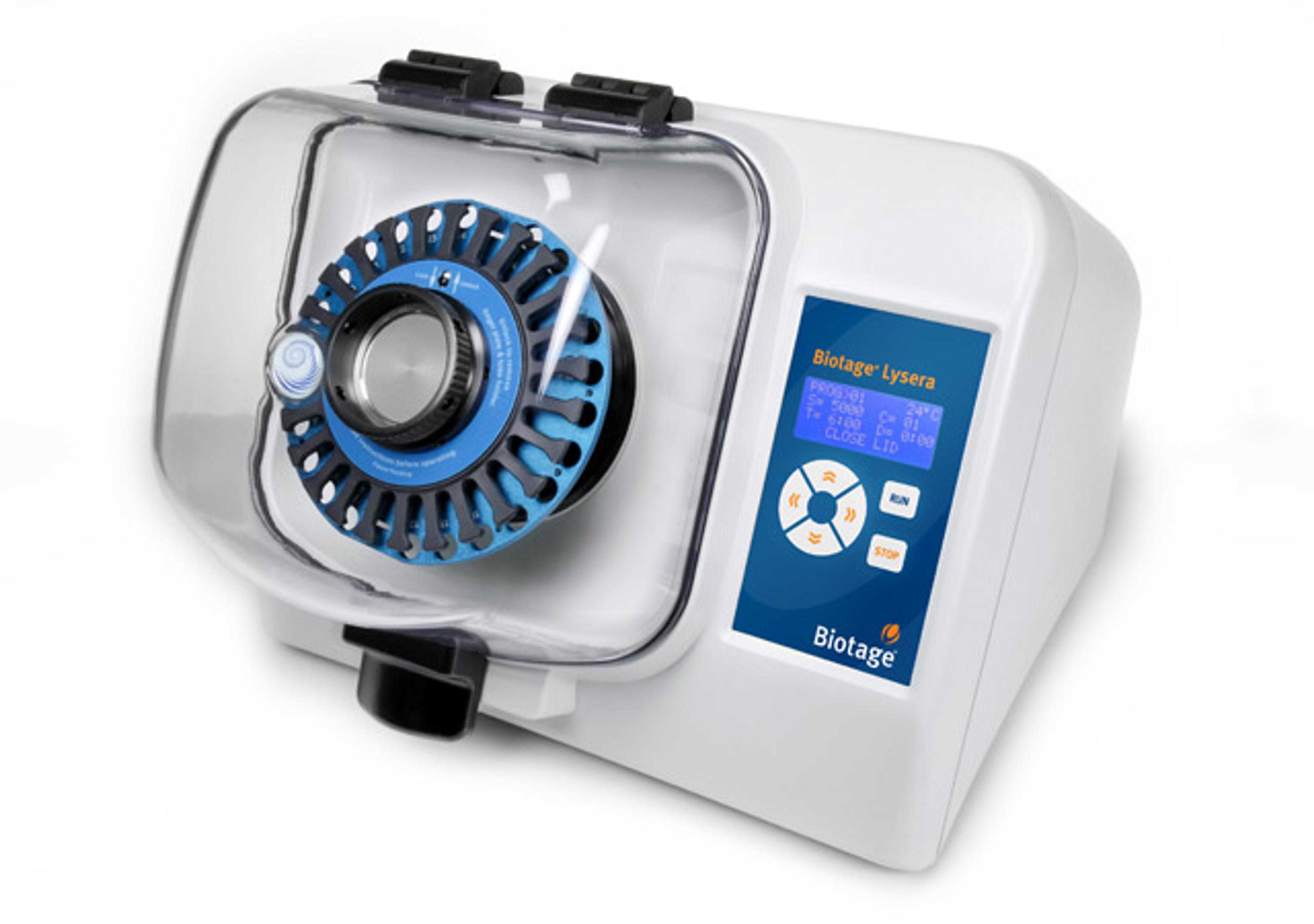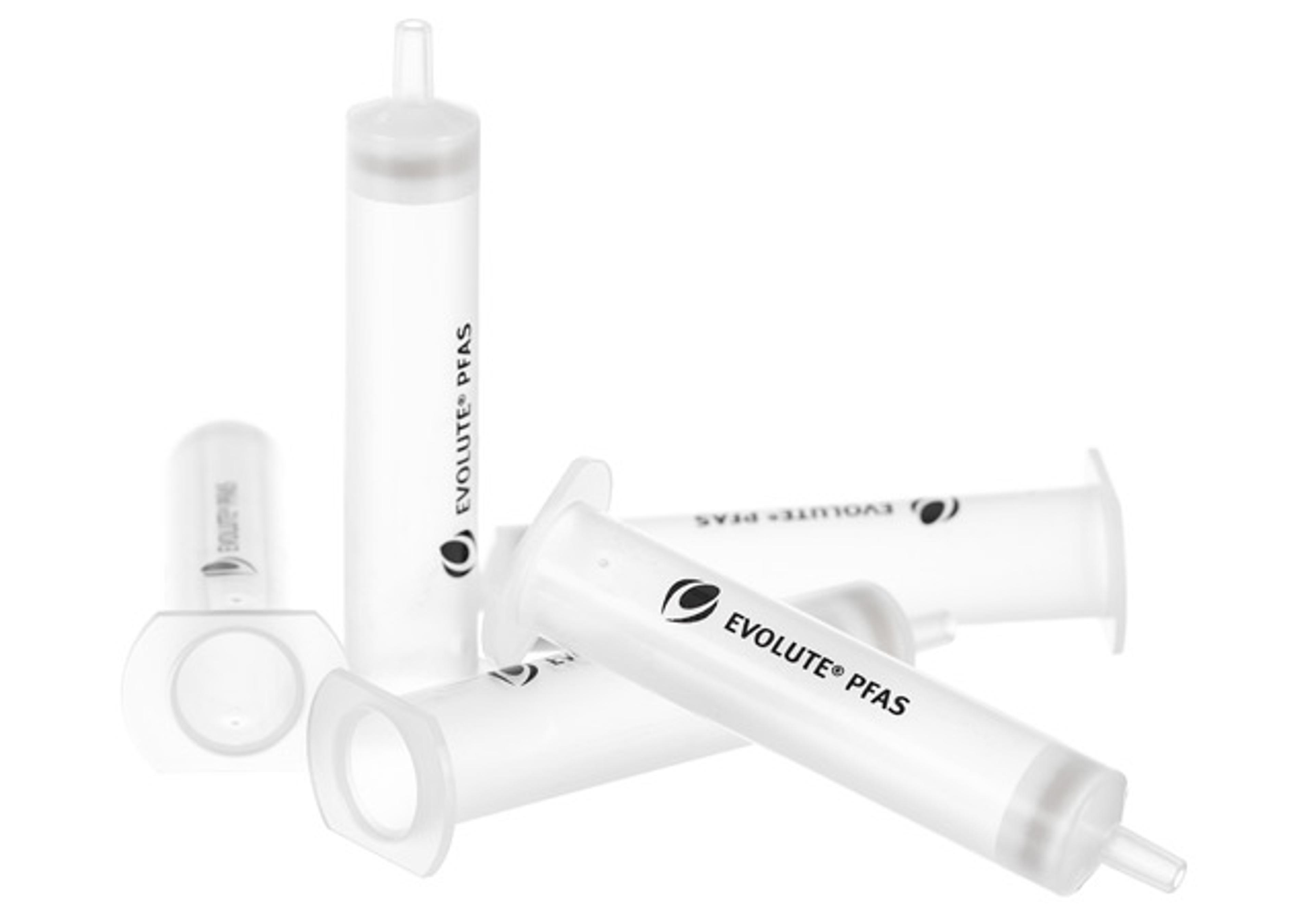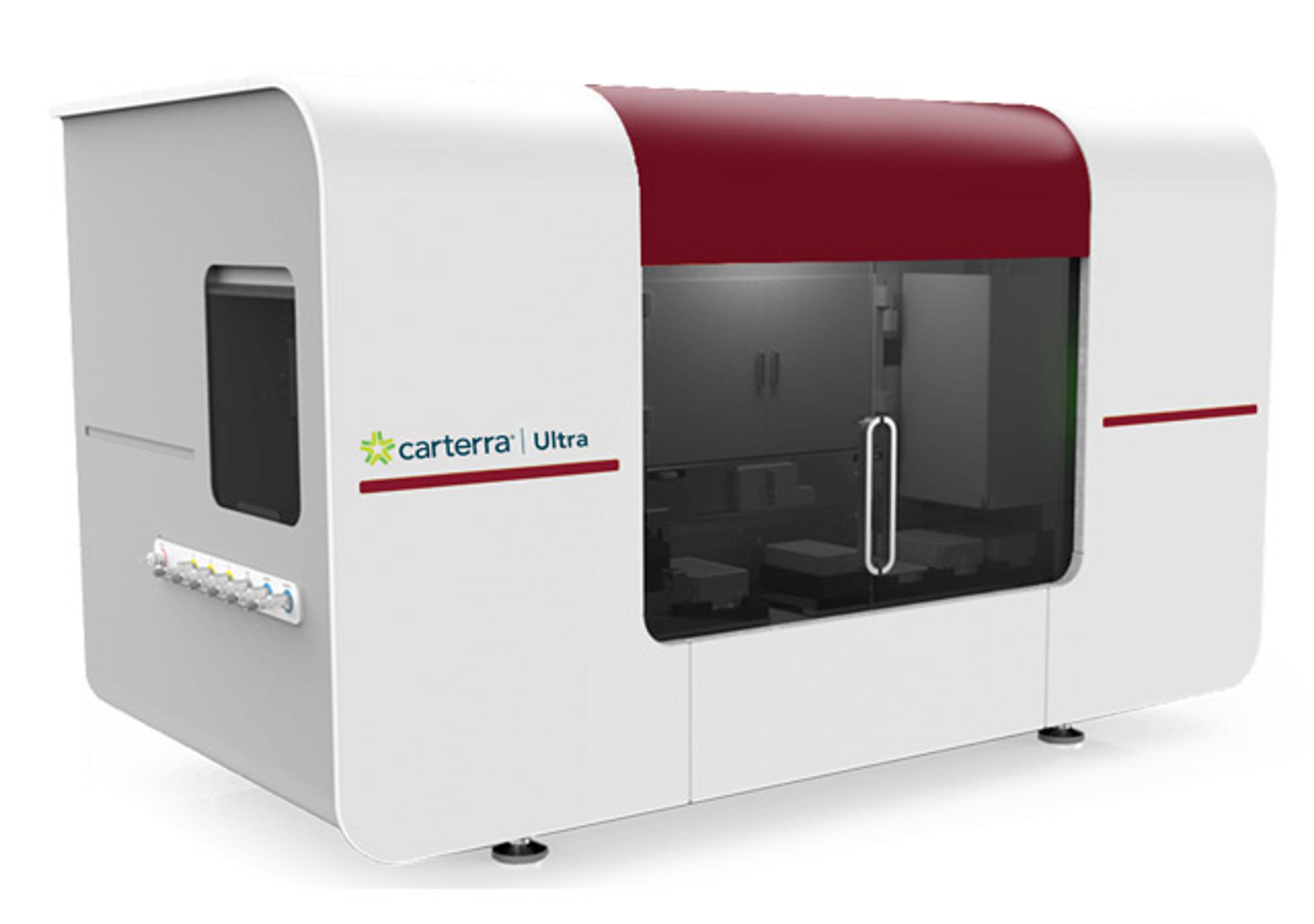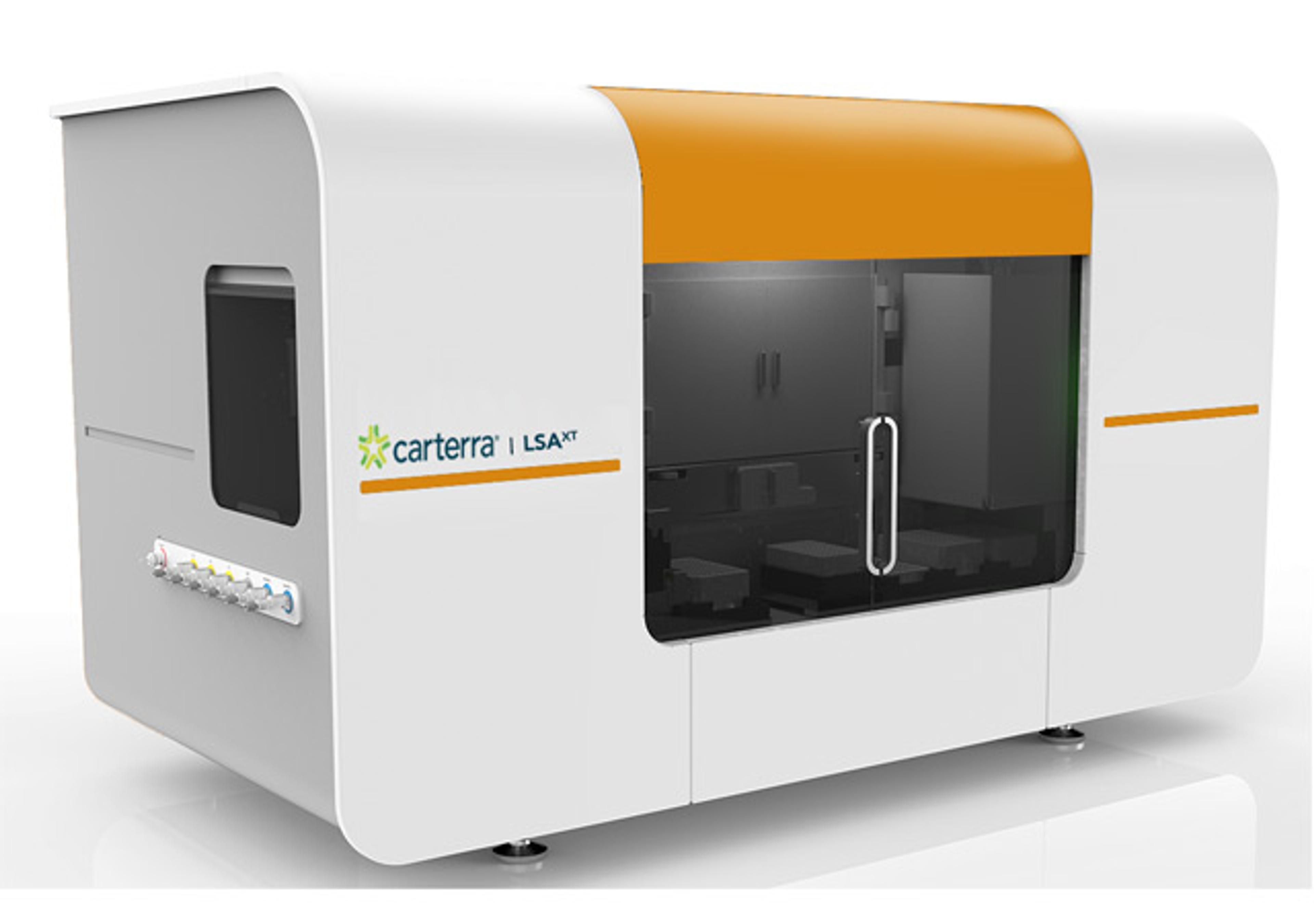Mouse Recombinant MIG (CXCL9)
Monokine induced by interferon-gamma

The supplier does not provide quotations for this product through SelectScience. You can search for similar products in our Product Directory.
Monokine induced by interferon-gamma (MIG), or CXCL9, is a member of the CXC chemokine family. MIG is closely related to two other chemokines: CXCL10 and CXCL11, all of which signal through the CXCR3 receptor (Ding et al.). MIG is secreted by a variety of immune cells including T cells, NK cells, dendritic cells, macrophages, and eosinophils, as well as non-immune cells including hepatic stellate cells, preadipocytes, thyrocytes, endothelial cells, tumor cells, fibroblasts, and glial cells of the central nervous system. MIG has also been shown to act as a chemoattractant for activated T cells and for tumor-infiltrating leukocytes (TILs), but not for neutrophils or for monocytes. MIG has also been reported to be both a tumor suppressor and tumor promoter in various types of cancer.

